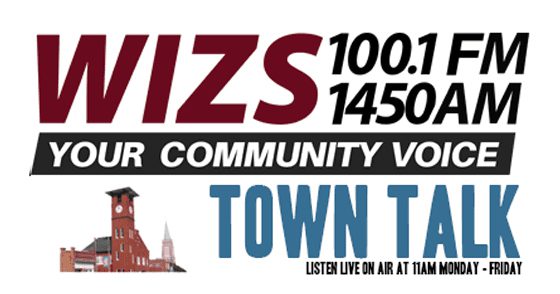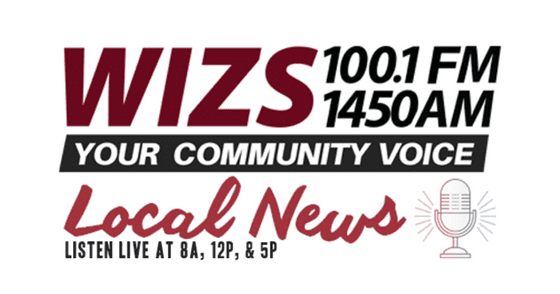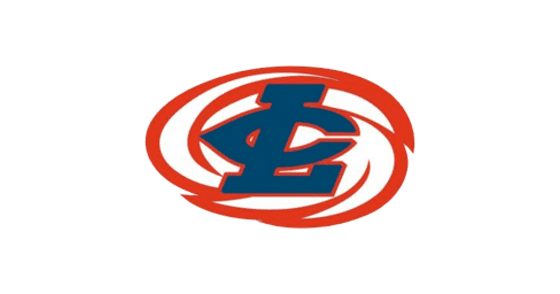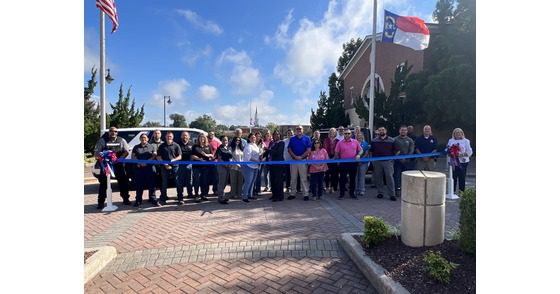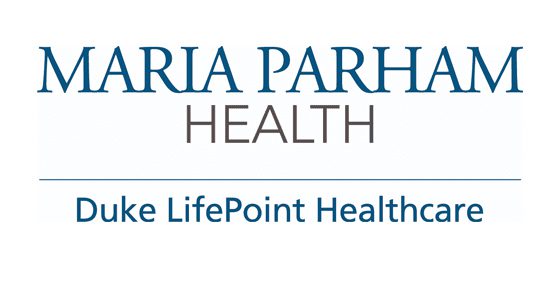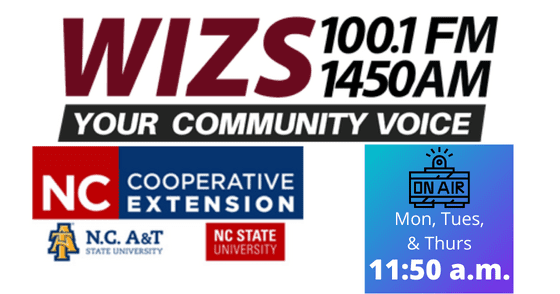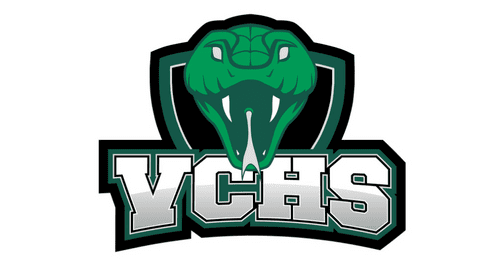In just a few days, communities all over the country will officially observe Veterans Day – American flags will flutter in the breeze along main streets, schools and federal institutions will be closed and, at least locally, military veterans will be treated to free meals as a way to thank them for their service.
Tributes and other forms of appreciation, however, aren’t all that veterans need when they return home from deployments or transition back into a civilian society. The VA can help with medical needs, but the Red Cross also plays a role in helping veterans.
Yes, THAT Red Cross. The same organization that sponsors blood drives and CPR classes, lends disaster relief and assists victims of fires, the same organization that helps servicemen and women get home to attend to a birth or a death of a family member. The Red Cross partners with veteran centers to provide workshops – virtual and in-person – to ease transitions from soldier to civilian.
Air Force Retired Lt. Col. Charlie Brown has worked with the Red Cross to provide this service to veterans. She spoke with John C. Rose and guest host Phyllis Maynard on Monday’s Town Talk about how her participation with the program came about.
Brown spoke by phone from northern Virginia and said she turned her sights to school counseling when she left the military. She had been a commander for the Air Force’s recruiting arm, and she said two of her troops told her they were suicidal.
“We intervened,” Brown said, but she added that she realized there were not many resources available at that time.
It was her work in school counseling that steered her in the direction of similar services for veterans. She completed the certification process to do clinical counseling and that’s when the Red Cross came calling. They were working on a program about resiliency, she said, “and they said ‘We’d like for you to join our team. It looked like the perfect fit,” Brown recalled.
With her experience both in the military and in counseling, she set about doing the work before her. She said she works with veterans, their caregivers and their children to build resiliency – “how to withstand the stresses that life brings.”
With in-person workshops suspended because of COVID-19, the team pivoted to offer virtual workshops. Titles like “Stress Solutions,” “Creative Calmness” and “Effective Communication” are a few offerings available at the veterans centers.
(Click Play for Full Audio and continue reading below)
Veterans who served in Afghanistan are getting help from older veterans as they make their way to the centers to access services. “They are qualitatively different,” Brown said. “They’re a different generation.” But they are dealing with anger and frustration early, she said, “before they build up that scar tissue that’s so hard to break through.”
Vet centers are community-based counseling centers that provide a wide range of social and psychological services, including professional readjustment counseling to eligible veterans, active-duty service members, including National Guard and Reserve components, and their families.
Readjustment counseling is offered to make a successful transition from military to civilian life or after a traumatic event experienced in the military. Individual, group, marriage and family counseling is offered in addition to referral and connection to other VA or community benefits and services. Vet center counselors and outreach staff, many of whom are veterans themselves, are experienced and prepared to discuss the tragedies of war, loss, grief and transition after trauma.
Originally funded by the Elizabeth Dole Foundation back in 2010, Brown and others on the Red Cross curriculum teams sat down with workshop facilitators to learn which topics would be most useful. They arrived at a few – the concept of identity, feelings of isolation and self-care. With those concepts in mind, the team got to work.
As Brown explained, oftentimes, family members leave careers to care for veterans who require additional assistance. “They had to step away when they became caregivers,” the result of which could bring on challenges for the caregiver. And when the person being cared for has mobility issues and can’t get out of the house easily, feelings of isolation can build within a caregiver.
These both lead to challenges of self-care, which Brown said is a vital component of caregiver well-being. Although there may be services in the community, if there’s nobody who can provide respite to a caregiver to run errands, make a phone call or get a relaxing massage, the caregiver has very limited options for self-care.
Caregivers can be incredibly reluctant to seek help, but as Brown said, caregivers “have got to refill their own tank.” She and the curriculum team created a variety of activities that caregivers can indulge in while still providing care to their loved one.
“We’re trying to pivot now and come up with a way to make the module richer, to give more options,” Brown said, “to help people deal better with all of the challenges that come up.”
There is help out there, she said. The key is knowing how and where to reach out for that support.
Visit https://www.vetcenter.va.gov/ to learn more.


